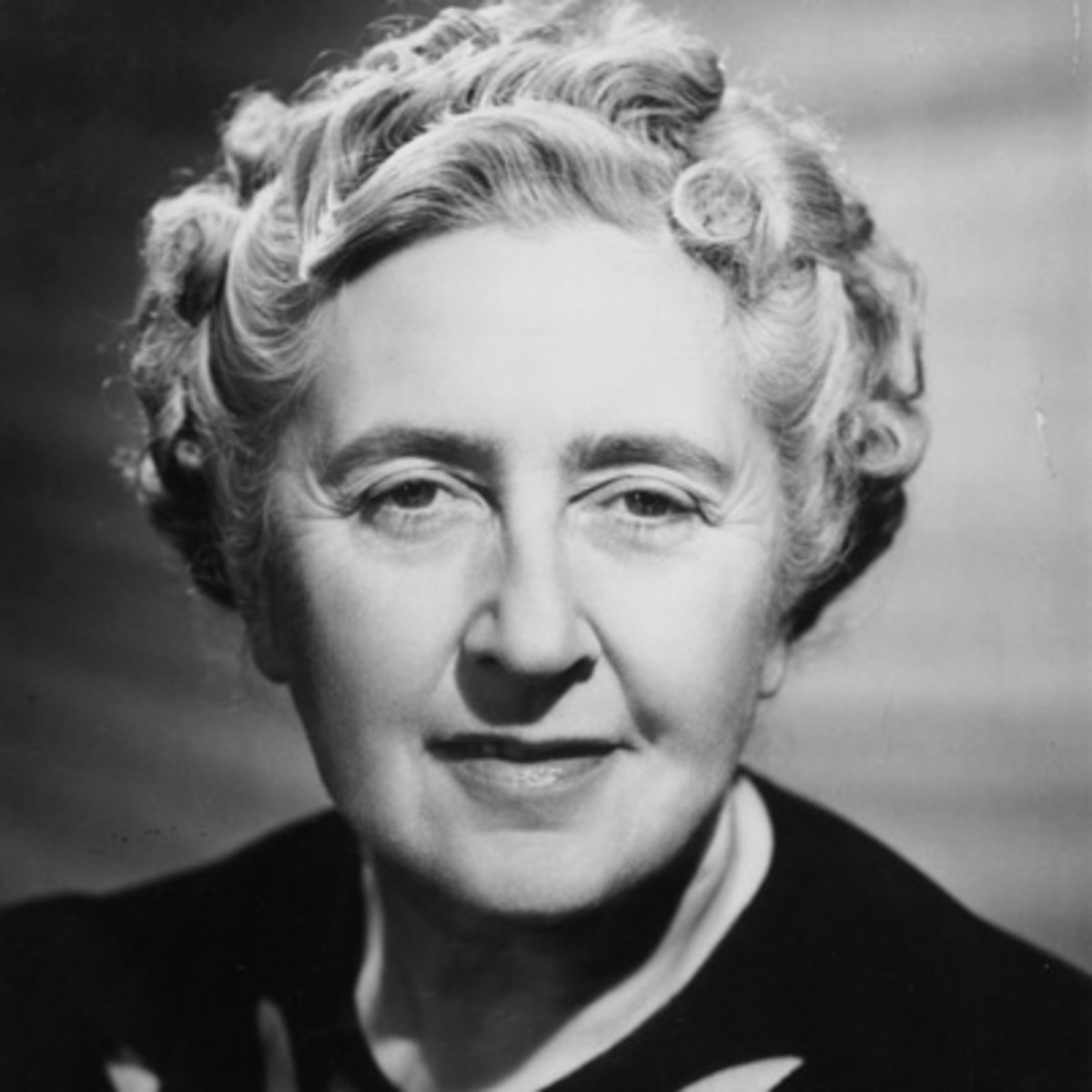
Agatha Christie
Biography
Born on September 15, 1890, in Torquay, England, Agatha Christie published her first novel, The Mysterious Affair at Styles, in 1920, and went on to become one of the most famous writers in history, with mysteries like Murder at the Vicarage, Partners in Crime and Sad Cypress. She sold billions of copies of her work, and was also a noted playwright and romance author. She died on January 12, 1976.
Childhood and family
The daughter of an American father and a British mother, Agatha Mary Clarissa Miller was born at Torquay in the United Kingdom on September 15, 1890. Her family was comfortable, although not wealthy. She was educated at home, with later studies in Paris, France. Christie taught herself to read at five years old. She grew up in a family environment full of stories—from the dramatic, suspenseful tales her mother told her at bedtime to her elder sister's frightening creations. She began creating her own fictions, too, with the help of her nanny, her dolls, and her pets. In 1914 she was married to Colonel Archibald Christie, with whom she had one daughter.
Early life
In Christie's first book, The Mysterious Affair at Styles (1920), she introduced one of her two best-known detectives, Hercule Poirot. Poirot's character also makes clear Christie's debt to the mystery writer Sir Arthur Conan Doyle (1859–1930), the creator of the fictional detective Sherlock Holmes. Like Holmes, Poirot is a committed and convincing spokesman for a rational (reasoned and unemotional) approach to solving mysteries. (Poirot places his faith in his brain's "little grey cells"). Poirot's friend and companion, Captain Hastings, also shares much in common with Holmes's friend Dr. John Watson. Hastings, like Watson, is a retired military man who is too trusting and often foolish, but he occasionally stumbles upon some observation that inspires the far-more-intelligent Poirot.
Major works
In 1930 Christie also produced what is believed by many to be her best-written novel, Murder at the Vicarage. This mystery also marked the first appearance of Jane Marple, who became one of Christie's favorite sleuths and who showed up frequently thereafter in her books. Miss Marple was one of those complicated characters in whom readers delight. Behind her old-fashioned, grandmotherly appearance, Miss Marple's mind was coldly aware that all human beings are weak and that some are completely immoral.
Christie wrote several works in addition to her fiction, including seventeen plays. Her favorite play was Witness for the Prosecution (1953), but the public disagreed. The Mousetrap opened in London in 1952 and was a huge success, playing there for over thirty years. In addition, many of Christie's mysteries were made into movies. In 1998 her play Black Coffee was adapted into a novel by another writer, Charles Osborne.
In 1971 Christie was named a Dame of the British Empire—a title given by the English king or queen in honor of a person's extraordinary service to the country or for personal merit. Five years later Christie died on January 12, 1976.
